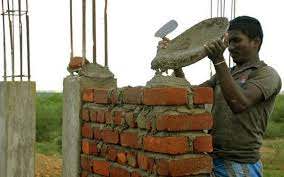
Stand-up comedian Kunal Kamra refused to apologise or retract his tweets on the Supreme Court a day after Attorney General K.K. Venugopal consented to multiple requests for criminal contempt action against him.
Daily Current Affairs Quiz 2020
Key-Points
According to the Contempt of Courts Act, 1971, contempt of court can either be civil contempt or criminal contempt.
Civil contempt means wilful disobedience of any judgment, decree, direction, order, writ or other process of a court, or wilful breach of an undertaking given to a court.
Criminal contempt, on the other hand, is attracted by the publication (whether by words, spoken or written, or by signs, or by visible representations, or otherwise) of any matter or the doing of any other act whatsoever which:
- scandalises or tends to scandalise, or lowers or tends to lower the authority of, any court; or
- prejudices, or interferes or tends to interfere with, the due course of any judicial proceeding; or
- interferes or tends to interfere with, or obstructs or tends to obstruct, the administration of justice in any other manner.
In 2006, the government brought in an amendment, which now provides “truth” as defence provided it is bona fide and in public interest.
A-G’s consent to initiate contempt of court proceedings: In the case of a criminal contempt the court may take action on its own motion or on a motion made by (a) the Advocate-General, or (b) any other person, with the consent in writing of the Advocate-General of India.





